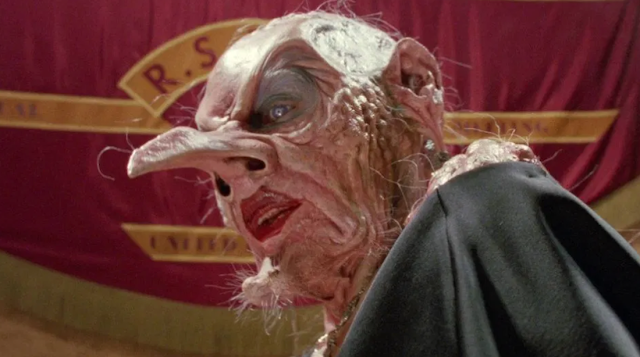 |
| Mike Faist, Zendaya, and Josh O'Connor in Challengers |
Cast: Mike Faist, Josh O'Connor, Zendaya, Darnell Appling, Shane T Harris, Nada Despotovich, A.J. Lister, Naheem Garcia, Jake Jensen, Hailey Gates. Screenplay: Justin Kuritzkes. Cinematography: Saymombhu Mukdeeprom. Production design: Merissa Lombardo. Film editing: Marco Costa. Music: Trent Reznor, Atticus Ross.
Luca Guadagnino's sexy, entertaining, and very well made Challengers set me to wondering once again why "love" is the word for "zero" in tennis. Nobody is entirely sure, it seems, but the most plausible explanation is that at some point in history players insisted that they played for love of the game and not just to win. Maybe it made the losing player feel better. There's plenty of love of various kinds in Guadagnino's movie, which is another two-guys-and-a-girl story made fresh by stellar performances by Zendaya, Mike Faist, and Josh O'Connor and by a smart screenplay by Justin Kuritzkes that uses tennis as a metaphor for sex -- or maybe sex as a metaphor for tennis. It also has a cleverly elusive ending that somehow satisfies the demand for closure by avoiding it.
.jpg)







